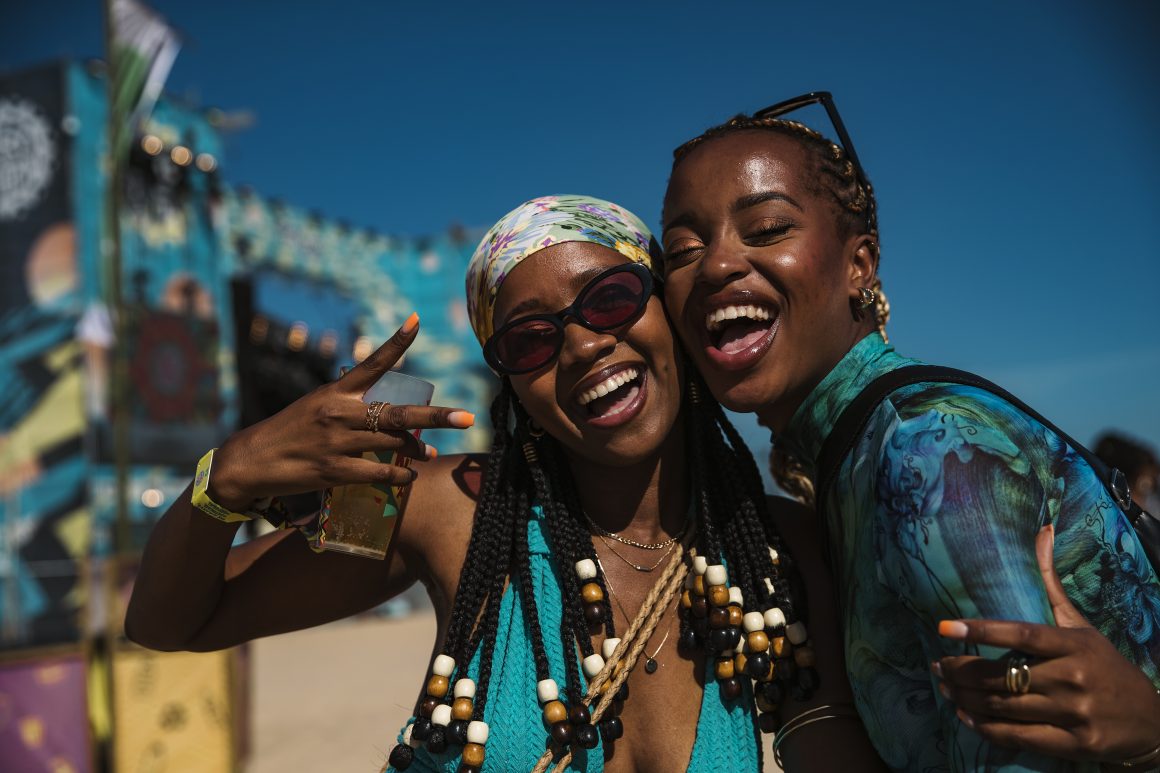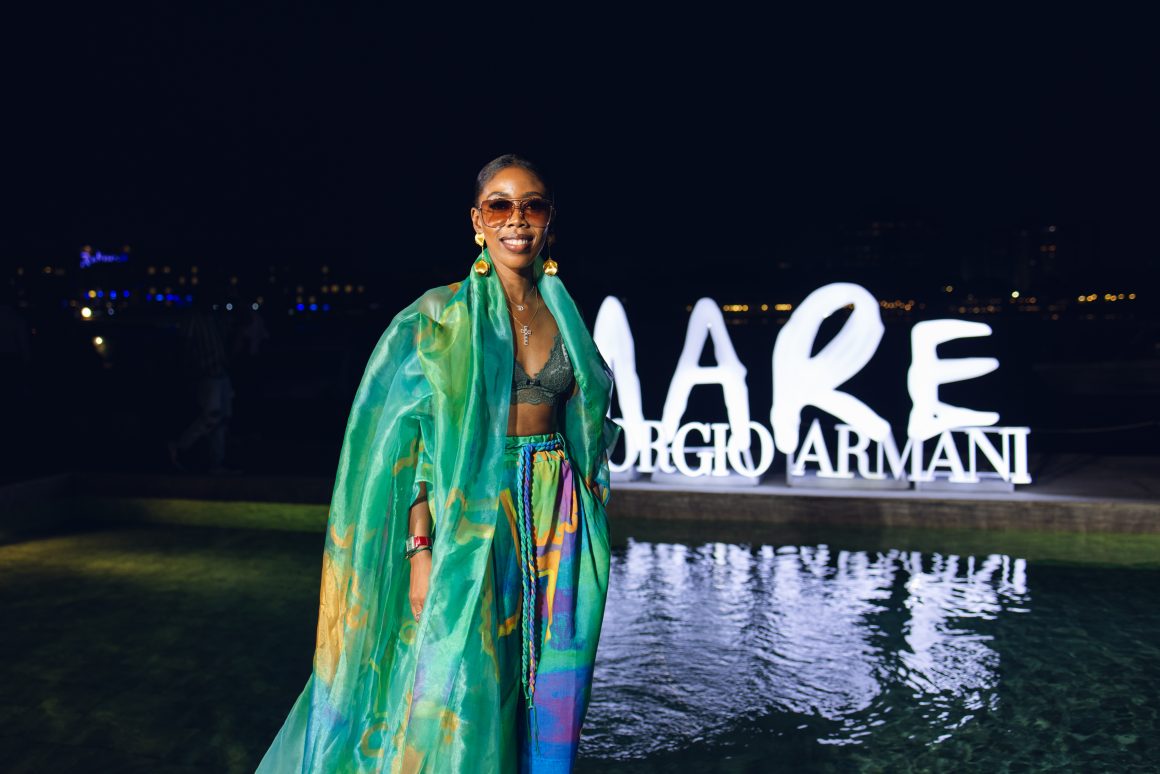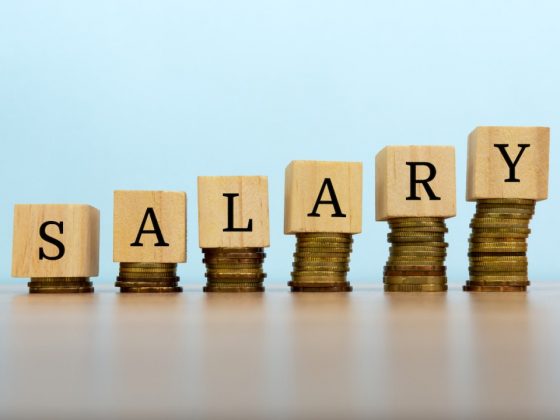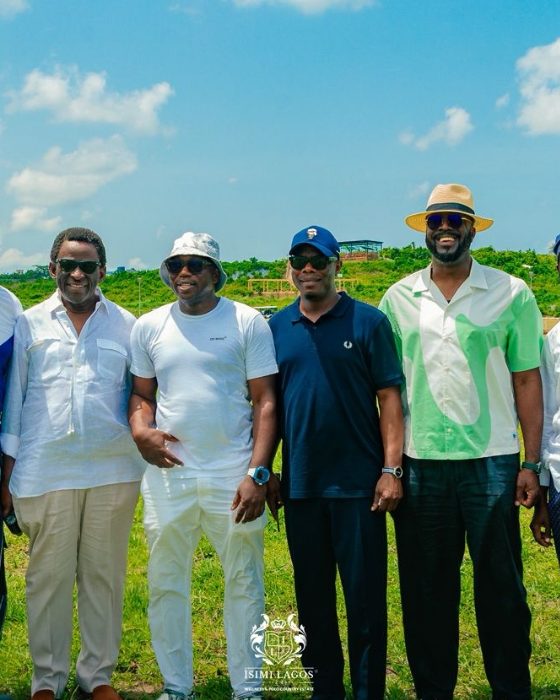In a year marked by economic turbulence, a depreciated naira, and record inflation, Detty December 2024 emerged not just as a cultural celebration but as a testament to the resilience of the Nigerian spirit and its economy.
There’s something magical about December in Nigeria. The air carries a kind of energy that feels almost electric, a blend of reunion, celebration, and uninhibited indulgence. This annual phenomenon, marked by back-to-back concerts, festivals, private parties, and a flurry of tourism activities, has in the past few years reinforced Nigeria’s position as a prime destination for both local and international revelers. 2024 was no exception. For many Nigerians earning in naira, international travel was less feasible due to the unfavourable exchange rate. But why travel when the world seems to converge on your doorstep? Lagos, Abuja, and even less obvious destinations in other parts of the country became melting pots of cultures, with returning diaspora Nigerians bringing fresh perspectives and deep wallets. Their presence wasn’t just felt in the clubs or at the beach parties; it rippled through the economy.
A London-based Nigerian professional who returned for the first time in five years described the experience as transformative. “I was shocked by how much there was to do, how much talent is here,” she shared. “I spent more here in two weeks than I would have in a month abroad. And I don’t regret a single penny.”




For Nigerians abroad, the naira’s decline means their pounds, dollars, or euros stretch further, creating an environment where spending is encouraged, even celebrated. Short-let apartments and hotels were fully booked weeks in advance, while airlines reported a significant surge in bookings on flights bound for Nigeria. Hospitality services flourished; restaurants and bars overflowed with patrons eager to indulge.
Corporate Nigeria also took centre stage in the festivities. Banks, telecom giants, and multinational companies hosted end-of-year parties that ranged from grand soirées to intimate gatherings. These events, often featuring A-list entertainers, served as celebrations and platforms for showcasing brand power and building corporate goodwill. In an economy where many are tightening their belts, these events provided temporary relief and moments of joy, reinforcing the importance of collective celebration in difficult times.
For many billionaires and celebrities, December also became a stage for showcasing their wealth and influence. Lavish private gigs and exclusive yacht parties dotted Lagos’ coastline, creating an aspirational allure that added to the city’s vibrancy.
Unverified statistics state that the December season saw an estimated 20% increase in domestic tourism compared to the previous year.



At this point, it is safe to say Detty December’s significance goes beyond immediate economic gains. It’s a cultural phenomenon that is reshaping Nigeria’s global narrative. While we usually wrestle with stereotypes and negative perceptions, December offers an alternative story for Nigeria—one of vibrancy, creativity, and resilience. International guests leave with stories of unforgettable concerts, warm hospitality, and a Nigeria they never expected. These experiences ripple out, shaping perceptions and opening doors for future tourism and investment.
The festive season also underscores the potential of Nigeria’s creative economy. From music and film to fashion and art, the creative industries are among the nation’s most successful exports. They are also deeply interconnected with tourism. “When people come to Nigeria, they’re not just coming for concerts,” said an entertainment executive. “They’re coming for the food, the culture, the people. This is why we need to invest in infrastructure and policy frameworks that will make it easier for tourists to explore and enjoy all that Nigeria has to offer.”
But for all its success, Detty December also highlighted some of the challenges facing Nigeria’s tourism sector. Infrastructure remains a significant hurdle, with poor roads, unreliable electricity, and limited public transportation options dampening the experience for some visitors. Security concerns, though largely managed during the festivities, continue to cast a shadow on Nigeria’s tourism potential. “We’ve made progress, but there’s still work to be done,” admitted a government representative. “We need to ensure that tourists feel safe and supported at every step of their journey.”
Despite these challenges, the potential is undeniable. Detty December is a reminder that Nigeria has what it takes to become a global tourism hub. The music, the culture, the food—it’s all here. What’s needed is a concerted effort to build on the momentum, which brings us to the question of sustainability. How does Nigeria ensure that Detty December isn’t just a flash in the pan but a year-round driver of economic growth? Some experts argue that the government must capitalise on this momentum by creating policies that support the creative and tourism industries. Reduced tariffs for event organisers, tax incentives for hospitality businesses, and grants for artists could go a long way in solidifying Nigeria’s status as Africa’s cultural capital.
The ripple effects of Detty December are undeniable. Beyond the immediate financial gains, it has created a sense of pride and possibility.
With the festivities winding down, one can’t help but reflect on what this means for the future. Will the lessons learned translate into long-term strategies that uplift the economy? If the smiles, the music, and the memories are anything to go by, the answer is a resounding yes.
Nigeria’s December glow-up isn’t just a trend; it’s a movement. And as the world watches – and joins in – one thing is clear: this is just the beginning.













